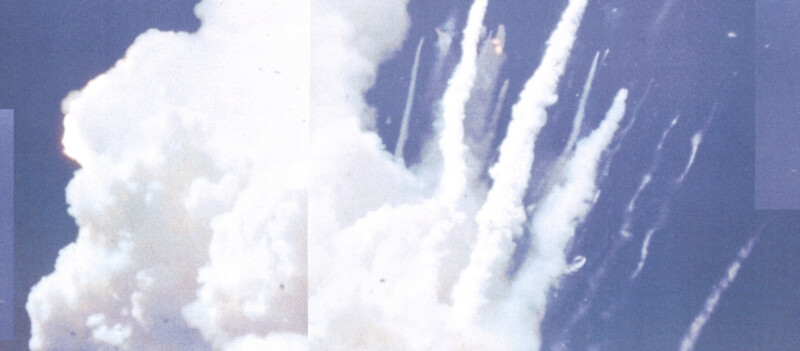
27.04.24, 13:00, Dag van de filosofie
"The smallest deviation from truth is later multiplied a thousandfold," said Aristotle nearly 25 centuries ago in On the Heavens. The small difference with great consequences and the chaos it produces keep philosophy busy into our troubled times.
Our modern society is based on order. We try to eradicate chaos, but with the steady stream of crises, social chaos seems complete. From the crisis around truth (post-truth), the climate crisis and the refugee crisis to geopolitical crises and war. Even as individuals, we can feel that life is slipping away from us. Are we still in control of our personal data and property? And how do we deal with culture and tradition becoming more informal? Should we organise more order in our own lives, in society, on a global scale? Or should we give more space to chaos?
How do humans relate to chaos? Is it a source for creativity and plurality, or rather a source of uncertainty and violence? Chaos can precede order, just as the primordial soup preceded the first physical order. Conversely, an obsolete order can also call for chaos.
According to Ludwig Wittgenstein, the philosopher must 'descend into the old chaos and feel at home there'. And so the Month of Philosophy in 2024 will descend into today's chaos. In search of an answer to the question of how chaos can lead to order, creativity and plurality. And sometimes drives to despair.
programme
- 13:15, philosophic welcome talk
- 14:00-15:30, block 1
- 16:30–18:00, block 2
- 18:30–20:00, block 3